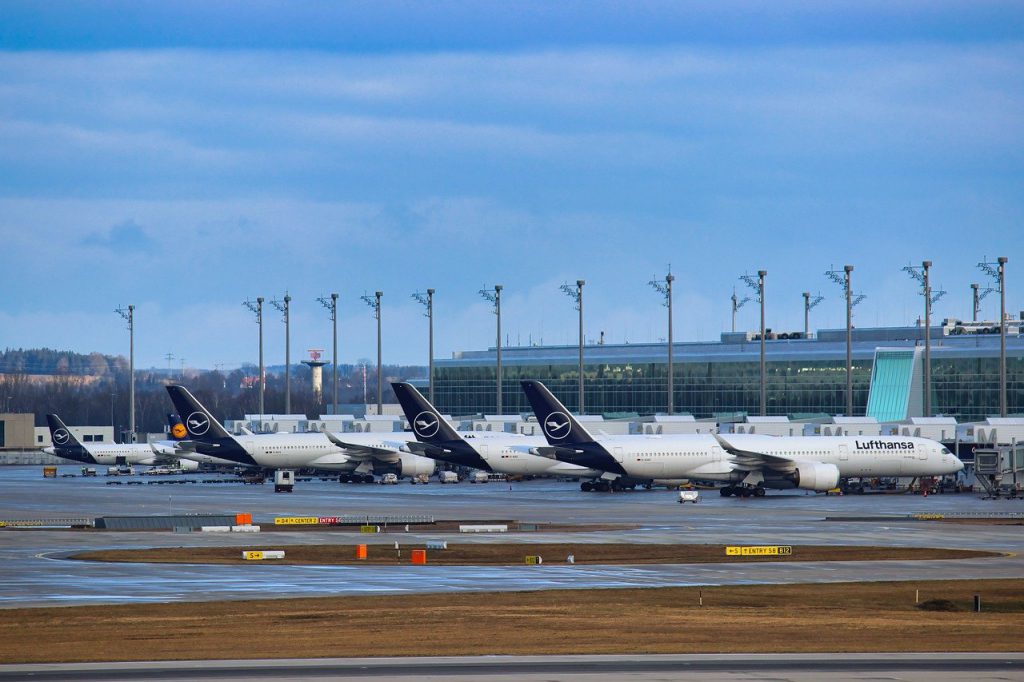In a significant step towards reducing the environmental impact of air travel, Lufthansa has taken an innovative approach by transforming one of its Airbus A350 aircraft into a climate laboratory. This unique initiative aims to conduct extensive flight testing to explore and develop sustainable aviation solutions. In this article, we delve into Lufthansa’s Airbus A350 Climate Lab, its purpose, and the successful completion of flight testing, highlighting the potential implications for a greener and more sustainable aviation industry.
A Climate Lab on Wings: Lufthansa’s Bold Innovation
Lufthansa’s decision to convert one of its Airbus A350s into a climate laboratory demonstrates the airline’s commitment to addressing environmental challenges. By leveraging this cutting-edge initiative, Lufthansa aims to explore and implement solutions that contribute to a more sustainable aviation sector. The Airbus A350 Climate Lab becomes a flying testbed for various technologies and strategies aimed at reducing carbon emissions and mitigating the industry’s impact on climate change.
Comprehensive Flight Testing Program
The Airbus A350 Climate Lab underwent an extensive flight testing program to evaluate the effectiveness of different sustainable aviation solutions. This program encompassed a range of variables, including alternative fuel blends, aerodynamic modifications, and advanced engine technologies. By collecting valuable data during real-flight scenarios, Lufthansa seeks to gain insights into the performance, efficiency, and environmental impact of these innovations.
Driving Environmental Innovation
The completion of flight testing in Lufthansa’s Airbus A350 Climate Lab marks a significant milestone in driving environmental innovation within the aviation industry. By actively engaging in research and development, Lufthansa aims to identify and implement tangible measures that can reduce the carbon footprint of its operations. The insights gained from flight testing will not only benefit Lufthansa but also contribute to industry-wide efforts towards sustainable aviation.
Collaborative Approach: Industry Partnerships
Lufthansa recognizes that addressing climate challenges requires collaboration and knowledge-sharing among industry stakeholders. The Airbus A350 Climate Lab project involves partnerships with aircraft manufacturers, technology providers, and research institutions. This collaborative approach fosters the exchange of expertise and accelerates the development of sustainable aviation technologies that can be adopted industry-wide.
Shaping the Future of Sustainable Aviation
The successful completion of flight testing in Lufthansa’s Airbus A350 Climate Lab represents a significant step towards shaping the future of sustainable aviation. The insights gained from the project will guide Lufthansa and the wider industry in implementing practical solutions to reduce emissions, increase fuel efficiency, and minimize the environmental impact of air travel. By embracing innovation and collaboration, Lufthansa strives to lead the way in creating a greener and more sustainable aviation sector.
Conclusion
Lufthansa’s Airbus A350 Climate Lab has emerged as a pioneering initiative in the pursuit of sustainable aviation. By converting one of its aircraft into a flying testbed, Lufthansa demonstrates its commitment to exploring and implementing environmental solutions. The successful completion of flight testing in the A350 Climate Lab signifies a significant milestone in driving innovation and shaping the future of sustainable aviation. As Lufthansa and its industry partners continue to collaborate and develop new technologies, the vision of a greener and more sustainable aviation industry edges closer to reality.

